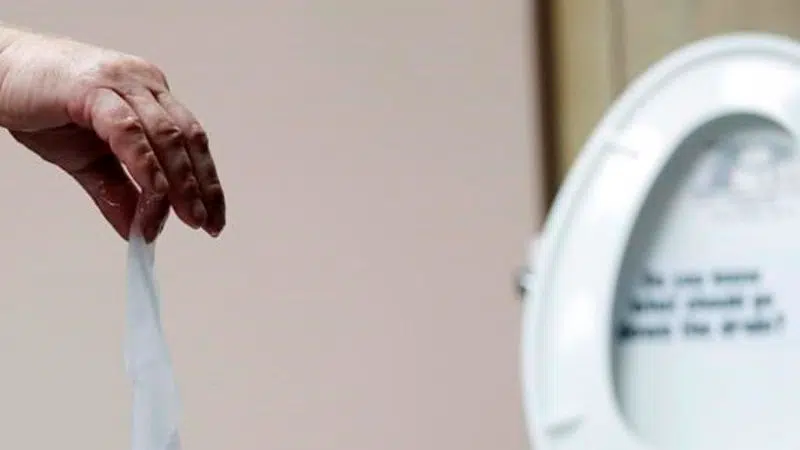
Competition bureau investigating claims made by makers of ‘flushable’ wipes
OTTAWA — Canada’s Competition Bureau is digging into complaints that companies that market “flushable” wipes are making false claims about their products.
Friends of the Earth Canada and EcoJustice, on behalf of six individual Canadians, filed a complaint earlier this year about companies that use the flushability claim, after a Ryerson University study found nearly two dozen wipes labelled as “flushable” did not break down after being flushed.
Although the Competition Bureau won’t publicly confirm any investigations, the complainants say bureau officials recently told them an inquiry is proceeding.
The complainants are asking for the bureau to order the companies to remove all claims that their products are flushable, issue public retractions, and clearly label their products with “do not flush” instructions. They also want a $10-million fine for each product.
